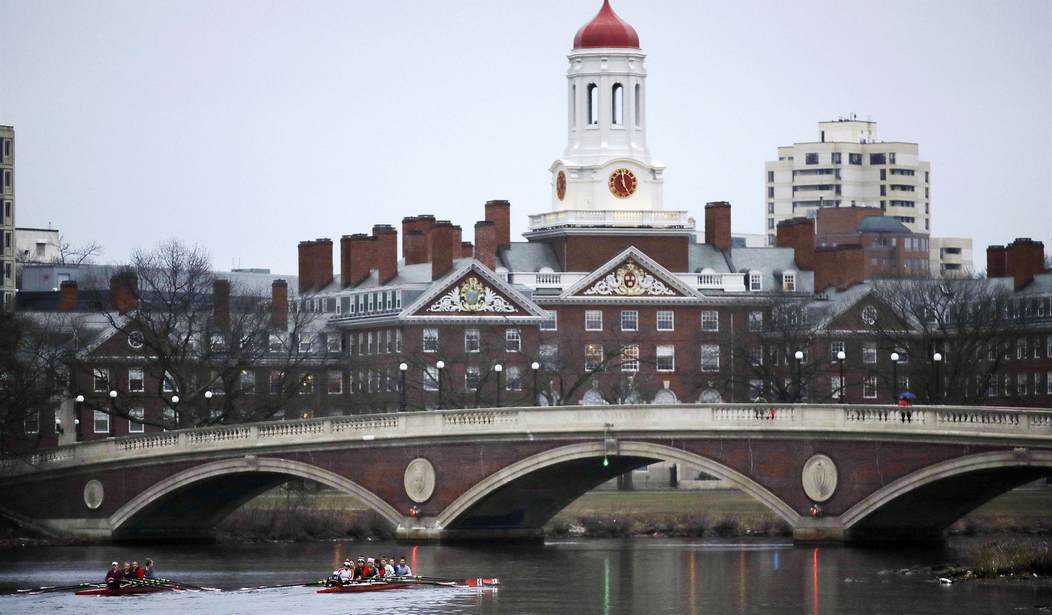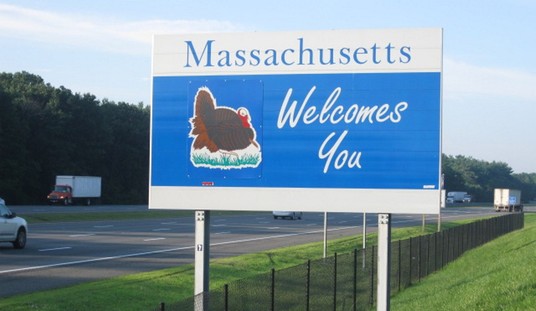On Thursday, Harvard University announced its decision to reinstate standardized testing as an admissions requirement, marking a U-turn on its previous policy of optional testing. Beginning with the fall 2025 admissions cycle, prospective students will submit their SAT or ACT scores, with limited exceptions for other recognized tests such as Advanced Placement or International Baccalaureate exams. Harvard had previously stated that it intended to continue its test-optional policy through fall 2026 admissions.
This shift reflects a growing trend among the nation's highly competitive and prestigious universities that have also recently reversed their admissions policies to once again require test scores including Brown, Yale, Dartmouth, M.I.T., Georgetown, Purdue, and the University of Texas at Austin.
In a pattern that escalated during the COVID pandemic, nearly 2,000 colleges nationwide had dropped test score requirements, a move aimed at "diversifying" admissions. Among the familiar fluff lexicon used by the opponents of test scores, are arguments for an "inclusive" and "equitable" admissions process. Critics of the standardized tests have argued that they favor more affluent students, who can afford to boost their scores through expensive tutoring.
Supporters of standardized testing criteria contend that these assessments offer important insights, helping to identify talented students, particularly from low-income backgrounds. Recent research indicates that test scores are effective predictors of college performance, graduation rates, and success after graduation. Additionally, they are deemed more dependable than high school grades, partly due to grade inflation trends observed in recent years.
In the wake of the U.S. Supreme Court's ruling overturning Affirmative Action and race-based college admissions in 2023, Harvard revamped its admission policy by replacing optional essays with five mandatory short essays, each limited to 200 words per prompt. This moved The Harvard Crimson to publish a student editorial criticizing Harvard's new supplemental essay requirements, claiming that the required word counts are discriminatory.
Read: BREAKING: Supreme Court Rejects Race-Based College Admissions
Harvard's decision to reinstate standardized testing requirements, and required essays, coincides with a broader trend towards conservatism within the university following the resignation of Harvard's first Black president Claudine Gay, due to controversies over antisemitism being permitted to gain traction on campus following Hamas' October 7 attacks on Israel, and plagiarism scandals. The interim appointments of officials with conservative backgrounds, such as John Manning, who clerked for Justice Antonin Scalia, have contributed to a more conservative turn.
A resurgence in admissions criteria might be viewed as a return to traditional values by prospective students and their parents concerned about the meritless nature of college admissions. In 2024, Harvard experienced a 5 percent decline in applications, while many peer institutions saw an influx of applications, signaling Harvard's recently bruised reputation.
At least 1,850 schools remain test score optional, including Michigan, Vanderbilt, Wisconsin, and Syracuse, which have recently extended their policies. Harvard stated that it would regularly review and reassess the policy, while signaling a notable return to traditional admissions criteria.
Read More:
Harvard Students: Required Word Counts in Application Essays Are… Discriminatory













Join the conversation as a VIP Member